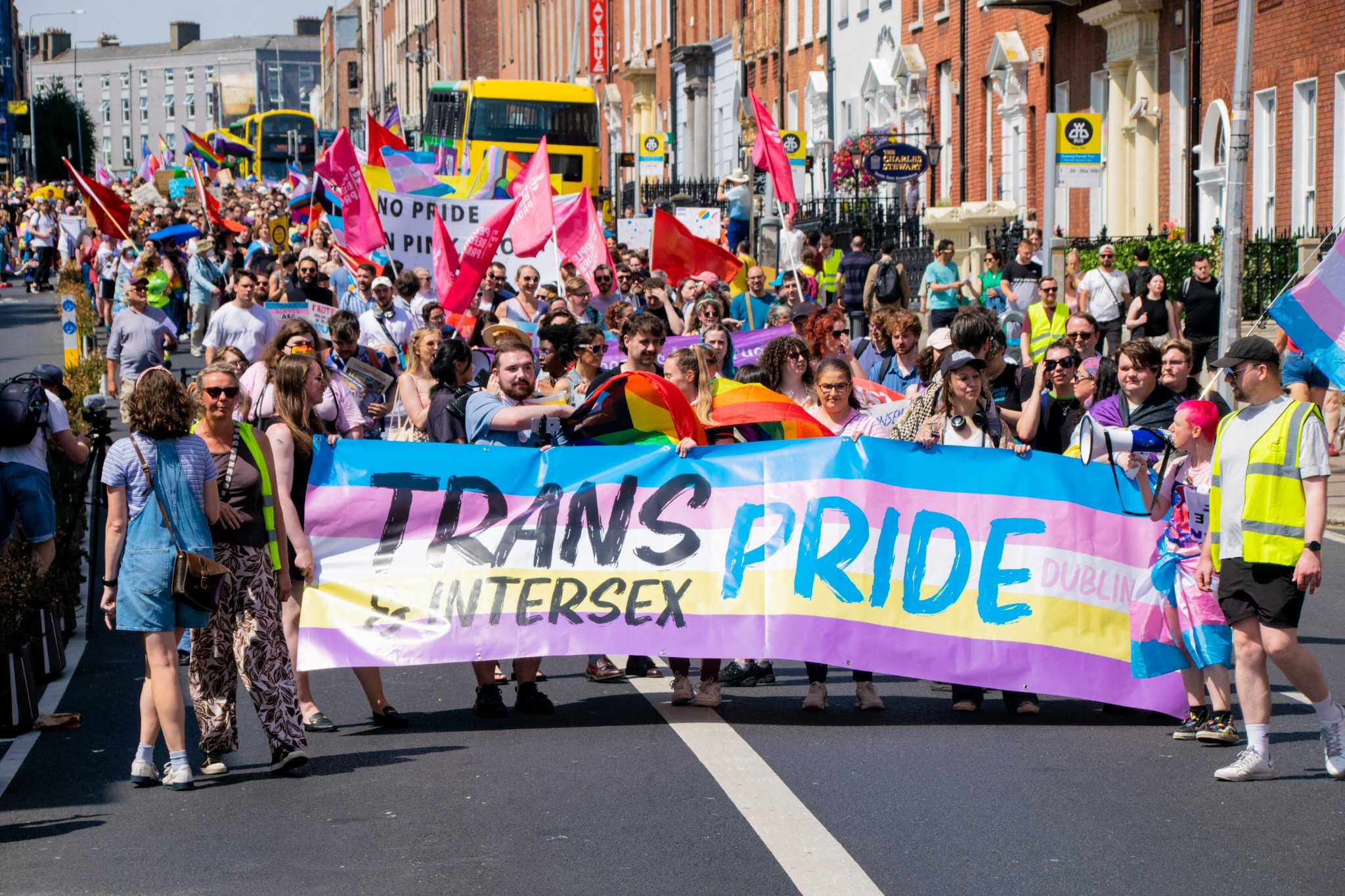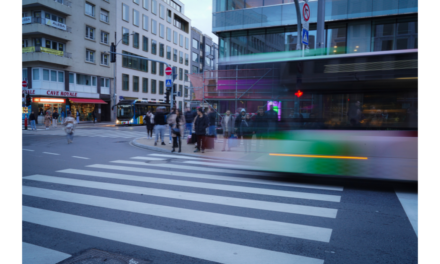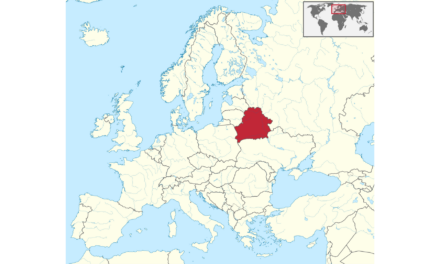
Luxembourg will finally be hosting its first-ever Trans Pride, slated to take place in the capital city on July 20, 2025. Largely viewed as one of the world’s most progressive countries for LGBTQIA+ rights, the Grand Duchy has consistently ranked in the top 10 of the Rainbow Europe index, published by the International Lesbian, Gay, Bisexual, Trans and Intersex Association (ILGA). Yet, beneath this reputation for progressiveness, the lived realities of many trans people in Luxembourg tell a different story.
Although Luxembourg has enacted progressive laws – legalising same-sex marriage in 2015 and introducing self-determined gender recognition in 2018 – these changes have not impacted the welfare of many trans people. Non-binary individuals still lack legal recognition, conversion therapy remains permissible, and many essential aspects of trans healthcare are not covered by the national health system (CNS), leaving many to navigate costly or inaccessible care. These gaps reveal how legal reforms, while symbolic, still fall short when not enforced with structural and economic support policies.
Intersex individuals in Luxembourg also continue to face challenges, especially as intersex children routinely are made to undergo medical procedures, against their consent, to conform to a male or female norm, even when these procedures are not needed for health reasons. Additionally, Luxembourgish society remains socially conservative, and acceptance of the trans community is far from being widespread. Many of these issues are synonymous across Europe, where Trans Prides have emerged in response.
Though often perceived as a new phenomenon, the roots of the Trans Pride movement predate the 1969 Stonewall Riots in New York. These roots go back to the 1966 Compton’s Cafeteria Riot in San Francisco and the 1959 Cooper Do-nuts Riot in Los Angeles. Then and ever since, the fight for trans rights has been inseparable from LGBTQIA+ justice, women’s justice, Global Majority justice, and Indigenous justice.
Each of these early uprisings was a direct response to police brutality against the LGBTQIA+ community. Within this context, the history of LGBTQIA+ resistance predates these riots by hundreds of years. One of the first documented resistances occurred in 1725 at a molly house in London, England. Molly houses were meeting places for gay men and gender non-conforming people and were typically taverns or coffee houses. In 1725, patrons resisted a police raid; these acts of defiance were common at molly houses throughout the 18th and 19th centuries.
Despite the long history of resistance, groups began organising the first specific trans rights protests much later. These inaugural marches include the 1997 Existrans march in Paris, France; the 2004 Trans March in San Francisco, United States; and the 2009 Trans March in Toronto, Canada, each now an annual event. Trans Marches are structurally different to Trans Prides, often set up in response to specific issues affecting the trans community, whereas Trans Prides are typically annual events.
In Europe, the first Trans Pride to be established was Trans Pride Brighton, in England, which organised its first event in 2013. The first Trans Pride to be established in the Benelux was Trans Pride Amsterdam, which organised its first events in 2019. Currently, Trans Pride Amsterdam is the only Trans Pride in the Benelux. There are also Trans Prides in Germany, such as TIN* Pride Berlin; in Italy, such as Trans* Pride Milano; and there are Trans Marches in France, such as ExisTransInter, which Existrans rebranded into in 2019 to foster solidarity with the intersex community.
Since the 2010s, multiple factors have galvanised the Trans Pride movement worldwide. These include the imposition of neoliberal economic policies implemented by North American and European governments, such as austerity measures seen in countries like Ireland and the United Kingdom following the financial economic crisis of 2008. Initially, these measures were the byproducts of shifts in the global economic landscape and increasing government debts. They disproportionately affected marginalised communities, including trans people. For example, decreased spending on healthcare and education makes accessing these services more challenging, and an erosion of community cohesion due to fewer provisions of social support leads to increased social exclusion. The increasing barriers in society underscored the need for grassroots, community-led support structures.
Luxembourg already has multiple LGBTQIA+ organisations advocating for trans rights, including Rosa Lëtzebuerg, which organises Luxembourg Pride annually in Esch-sur-Alzette and operates the Rainbow Centre in Luxembourg City; Intersex & Transgender Luxembourg (ITGL), which supports national campaigns and hosts groups and workshops; Centre LGBTIQ+ CIGALE, a centre for LGBTIQ+ communities; BLOM, an organisation that fosters peer-led initiatives to platform Queer voices; and Megaphone, an activist collective of several grassroots organisations, including the University of Luxembourg’s LGBT+ Students’ Association Prizma, Déi Aner, Lëtz Rise Up, Richtung22, Pipapo, Gebees Houeren, and Waassermeloun. With the increasing number of organisations serving the LGBTQIA+ community in Luxembourg, a Trans Pride event seemed more likely. After key planning meetings, representatives from Megaphone and the Trans Pride Collective began planning for Luxembourg’s first-ever Trans Pride, set to take place on Sunday, 20th July in Luxembourg City.
The number of Trans Pride events has seen a sharp increase, especially since the pandemic. The isolation experienced by the trans community during and after the pandemic deepened the need for both connection and introspection in the trans community, which has led to increased mutual aid provision from within the community. At the same time, a rejection of the corporate nature of many mainstream pride events has prompted a return to grassroots, intersectional organising, echoing the spirits of the Gay liberation movement of the 1960s and 1970s, and the Lesbian Liberation movement of the 1980s.
In the last few years, Trans-Exclusionary Radical Feminists (TERFs) have been using their platforms to stoke culture wars, using their gender-critical views to try and create divisions within communities. Unfortunately, these views have permeated political establishments across the world, as seen recently with the decision by U.S. President Donald Trump to rescind trans rights and recognise only two unchangeable sexes: male and female; or in the UK, where the Supreme Court unanimously ruled that the term ‘woman’ refers to biological women who were assigned female at birth.
Far-right parties across Europe, like the Alternative für Deutschland (AfD) in Germany and the Rassemblement National (RN) in France, have also exploited anti-trans discourse for political gains, framing it as “defence of traditional values”
Despite these challenges, Trans Prides continue to be a force of resistance and solidarity. They foster community cohesion and offer safer spaces for the trans community, even in countries where trans rights are minimal.
There are many effective ways to organise a Trans Pride event or campaign, which depend on local community capacity and dynamics, funding, and/or legal structures and ramifications. Trans Pride organisations have a wide range of structures, many of which are horizontal and non-hierarchical. Typically, Trans Pride organisations embody the foundational roots of LGBTQIA+ liberation, with key focuses on community building, protesting against the status quo, and intersectionality. Many organise marches, such as Trans Pride Amsterdam, Trans & Intersex Pride Dublin, and, most recently, Trans Pride Milano, the first Trans Pride in Italy. In 2024, London Trans+ Pride was reported to be the largest trans rights protest in the world at the time, and was attended by around 55,000 people. Other Trans Prides have run different events to provide for their communities and build cohesion. For example, Trans Pride Birmingham and Tower Hamlets Trans+ Pride have hosted community picnics, where they reclaimed a park and provided a space for mutual aid. Trans Pride Hastings organises an annual community weekend with various community events, and Norwich Trans Pride has held art markets and exhibitions. Trans Pride İstanbul regularly holds active resistance in the name of trans rights, despite local bans on LGBTQIA+ protests and despite the stigmatisation of the LGBTQIA+ community in Türkiye.
Other organisations have also created Trans Pride campaigns. FORT, a non-profit, sober, trans-run queer creative studio in London, pioneered a media campaign throughout 2023 where No Pride Without Trans Pride poster adverts were displayed on billboards across the UK. The Museum of Transology, one of the world’s largest collections of objects representing trans, non-binary, and intersex people’s lives, organised the first Trans Pride Assembly in February 2023, which brought together Trans Pride organisers to strategise for the future.
During the first Trans Pride Assembly, the Trans Pride Collective was created, and in April 2025, the second Trans Pride Assembly met with a much-expanded representation, with representatives of 21 Trans Pride organisations attending. During the second Trans Pride Assembly, the Trans Pride Collective launched a pioneering Trans Pride journal, No Pride Without Trans Pride, which documents the 25 Trans Pride organisations active across the UK and Ireland as of March 2025. The journal intends to be an annual publication expanding to a platform for Trans Pride organisations worldwide.
Most importantly, Trans Pride events and campaigns are not bound by financial limitations. Being able to finance events and campaigns can help create a broader, systemic impact. However, many Trans Prides have been organised on small budgets to transform their local communities without relying on corporate or governmental sponsorship.
In the years to come, we can expect to see even more Trans Prides established and organised across the world, as many of the challenges currently impacting the trans community seem set to endure for some time. In recent years, some trans-led and trans-adjacent spaces have been established in Luxembourg, with Megaphone pioneering the first Trans Pride in Luxembourg. Will you join our local Trans+ Pride to demand justice for trans, intersex and non-binary people in Luxembourg for years to come?




